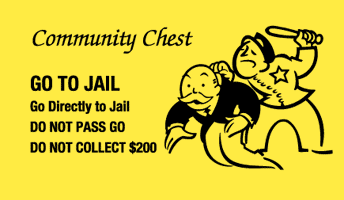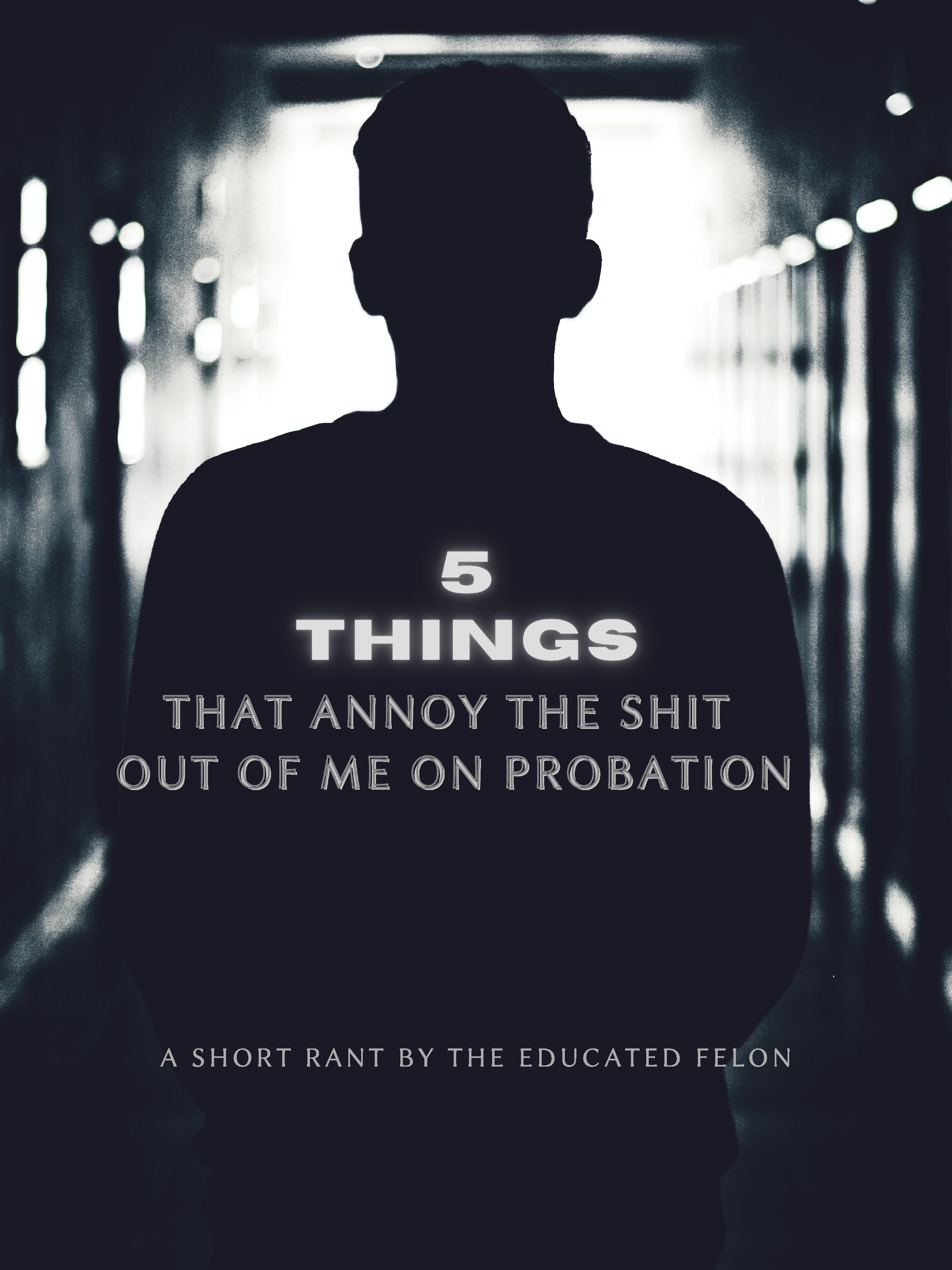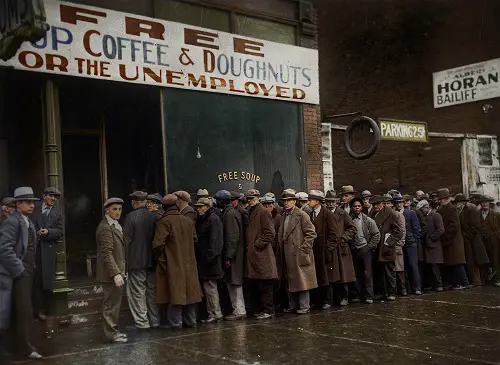
WHAT ARE YOU NOT ALLOWED TO DO ON PROBATION?
Probation is an alternative punishment to incarceration where an individual is placed on mandated supervision. You must adhere to strict terms and conditions set forth by the court, and it can be quite overwhelming for many individuals, as they find themselves in violation due to underestimating just how harsh and difficult the nature of these restrictions will be.
Oftentimes, an individual will be in violation of their probation (VOP), yet not even know it, as the waters can get very murky when navigating what a Probationer can and cannot do.
What are you not allowed to do on probation?
In a nutshell, when an individual is placed on probation, they are to avoid any further legal complications during this time, as any infraction (violation) would seriously jeopardize the nature of this order, and possibly result with their incarceration.
Along with location involved, applicable terms and conditions are dependent on each individual probationer, however, there are standard themes universally recognized that one must understand and adhere to in order to avoid further issues, such as:
- Report to your probation officer where as directed.
- Complete written reports accurately and completely.
- Avoid intoxication or drink to excess.
- Not consume illegal substances, unless medically prescribed.
- Travel outside restricted areas, whether by county or state.
- Change residence(s) without notification to the court.
- Fail to notify probation officer of employment change.
- Absence from court ordered appearance.
- Refusal to allow search of home or property.
- Not complete community service.
- Absence from scheduled appointments with probation officer.
- Fail to register with sheriff’s office in your jurisdiction.
- Compliance with random drug or alcohol testing.
- Maintain ordered distance from certain people and/or places.
- Not work any job caring for the elderly, children, or mentally disabled without permission of the court.
- Miss curfews if and when applicable.
- Not be in possession of a firearm, ammunition, or weapon.
- Failure to pay court ordered fines, fees, and/or restitution.
- Tamper and/or removal of a monitoring device placed by the court.
- Refuse to submit to a DNA sample.
- Not report any contact with law enforcement.
- Prohibited from gambling.
- Not refuse to search and seizure by any probation or law enforcement officer, even when done without a warrant.
- Adhere to any and all terms and conditions set forth by the court.
Once again, please bear in mind that not all of the above restrictions are applicable to everyone placed on probation, as it is truly dependent on the probationer, and what exactly the court deems appropriate for the particular individual in question.
For example, a probationer serving punishment for DUI will carry a different set of restrictions versus someone brought up on charges of fraud. Provisions for alcohol, such as interlock devices, random testing, all the way to rehab and/or counseling, as opposed to the latter, where the court may only impose fines and/or a restitution.
Either way, the terms and conditions of any supervision program is that of an unsavory kind, as oftentimes it is underestimated just how truly difficult and challenging it may be to satisfy all conditions of a probation sentence.

Statistically, the odds are not exactly promising, as nearly one-third third of the roughly 2.3 million people who exit probation or parole annually fail to successfully complete their supervision.
Every year, almost 350,000 people return to jail or prison, often because of rule violations rather than new crimes committed. I often times find a more appropriate question we should ask ourselves is….
What can I do on probation?
Probation is often referred to as having “one foot in jail at all times”, and although it is a punishment considered to be less severe than incarceration, it still carries a considerable number of pitfalls and traps that an individual will experience. Be that as it may, those who generally qualify for probation are allowed and have the benefit of:
- Keeping you family together and intact. Incarceration tears families apart, and when an individual is locked up, it turns their world and all those around them upside down, resulting in skyrocketed divorce rates and single-parent households.
- You will be in a safer environment. Jail and/or prison is not a joke. It is a dangerous place, housing dangerous individuals, where your health and safety are put at risk each day. Although many steps are taken to protect you at these facilities, physical and sexual assaults are still very common as overcrowding is rampant, where not enough correctional officers are able to prevent these things.
- You may be gainfully employed or attend school. Employment will be one of the biggest barriers and will play a critical role in you staying out of jail. You may be able to secure a job while incarcerated, but it’s not going to provide you with anywhere close to the same income as what you would make in the real world. Schooling is also available in many facilities, but it’s probably not going to provide you with the same educational experience that you could enjoy while outside of prison.
- You are present to enjoy all the little things. Graduations, birthdays, holidays, and all other special moments are able to be spent without a barrier and enjoyed with those you love. It’s the little things in life ironically that turn out to be the biggest deal, and that can be had.
Being convicted of a crime and sentenced to probation can have various effects on your future, but it does not have to mean that you do not have a future at all. Quite the contrary, probation can be used as a compass in order to correct the path where you took a wrong turn in life and learn from, so you do not become lost again.
–The Educated Felon










Leave a Comment